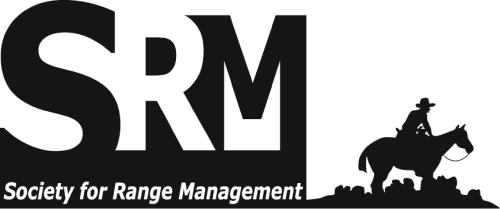Paper presented at the "Symposium on Ingestion of Poisonous Plants by Livestock," February 15, 1990, Reno, Nevada. Animals can be trained to avoid eating specific foods by offering them the food and subsequently administering an emetic to induce nausea. The animal associates the taste of the food with the induced illness and subsequently avoids eating that food. Conditioned food aversion (CFA) is a potential tool to prevent livestock poisoning from palatable and abundant poisonous plants. Cattle have been trained to avoid eating tall larkspur (Delphinium barbeyi L. Huth), a particularly troublesome poisonous plant. However, several factors influence the acquisition and retention of food aversions under field grazing conditions. The age and sex of an animal may influence its ability to form and retain aversions. Novelty of the plant and the intensity of the induced illness determine the strength of the aversion. Social facilitation or peer pressure motivates animals to sample the averted food, and the aversion will extinguish if it is not reinforced. Generalizing the aversion created under controlled conditions in a pen, to a complex vegetation community in the field, may be difftcult for some animals. If these obstacles can be overcome, CFA may be an effective tool to reduce the risk of poisoning on poisonous plant infested rangeland. This material was digitized as part of a cooperative project between the Society for Range Management and the University of Arizona Libraries. The Journal of Range Management archives are made available by the Society for Range Management and the University of Arizona Libraries. Contact lbry-journals@email.arizona.edu for further information. Migrated from OJS platform August 2020

Scholarly peer-reviewed articles published by the Society for Range Management. Access articles on a rolling-window basis from vol. 1, 1948 up to 5 years from the current year. Formerly Journal of Range Management (JRM). More recent content is available by subscription from SRM.